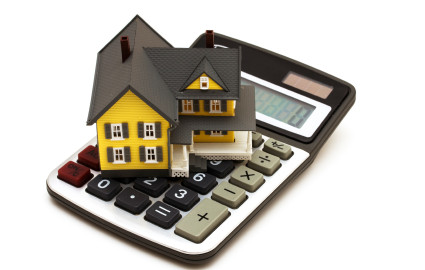Not Every Upgrade Is Beneficial To Your Bottom Line
By JD Esajian on December 2, 2013
There is a lot that goes into rehabbing a property. From an outsiders perspective, it would appear that you can buy any property at a discount, do some basic improvements and sell for a 20% profit. However, if it was that easy, everyone would be doing it. The process of rehabbing involves painstakingly examining every minute detail. When evaluating which improvements and upgrades to make, you have to think about your neighborhood and the specific property. Something that works for a house in the suburbs probably wouldn’t work in a rural area. Preforming upgrades just for the sake of doing them can cost you money and will not give you the return you are looking for.
The addition of a pool is probably one of the biggest mistakes an investor can make. While swimming can be nice in the summer, not every owner wants to worry about a pool. Between the cost and maintenance of taking care of a pool, some buyers will eliminate any homes with pools when they start their house search. You have to look at the landscape of the yard and determine if buyers would prefer the extra yard space or a pool. In warmer areas out West, a pool can be used year round and have appeal. However, on the East coast, where you only get 3-4 months of use every year, the extra yard space is usually preferred.
The garage is not usually thought of as a deal breaker for a property, but what you do with it could make all the difference. Some investors think it is a good idea to convert the garage to a living space, but the opposite is usually the case. Studies have shown that buyers want a useful garage for parking and storage. Again, the location of the property should sway your decision making. People in areas that get really cold, and perhaps snow, will usually appreciate an operating garage. Regardless of where you are, buyers look at a garage more for storage than a converted family room.
There is a definite shift in the way people are working. More than ever, people are working out of their homes and are looking for a dedicated office area. While this is important, it should not come at the expense of a bedroom. The number of bedrooms and square footage are the two biggest things that buyers use to determine value. Having an office is important, but the difference between 3 bedrooms and 4 could be thousands of dollars. Look to finish the basement if possible to use as an office or expand a room off the kitchen or living room. Taking a bedroom away to add an office may be counterproductive.
Finally, any work you do should reflect your immediate area. Over-upgrading for a smaller, inexpensive property will actually turn buyers off and will end up costing you money. Look at properties in your area and look to make yours slightly better than homes that have sold or on the market. If you go too over the top, buyers will look elsewhere.
Before you spend a dime, take the time to research what you are doing and if it makes sense financially for your area. You should never have a clear cut, automatic list of what you are going to do before you see the property and evaluate the area. Throwing money at a property without thinking about the return may just be wasting money.